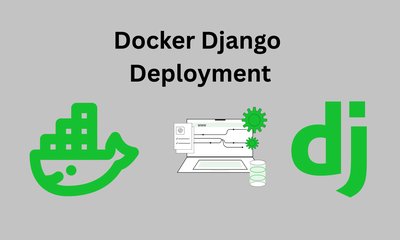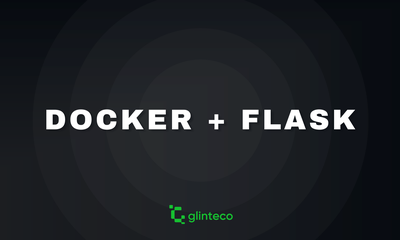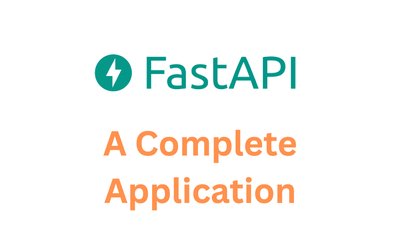Các lựa chọn thay thế cho Docker: Có những tùy chọn tốt hơn cho container hóa không?
By khoanc, at: 17:23 Ngày 30 tháng 11 năm 2024
Thời gian đọc ước tính: __READING_TIME__ phút
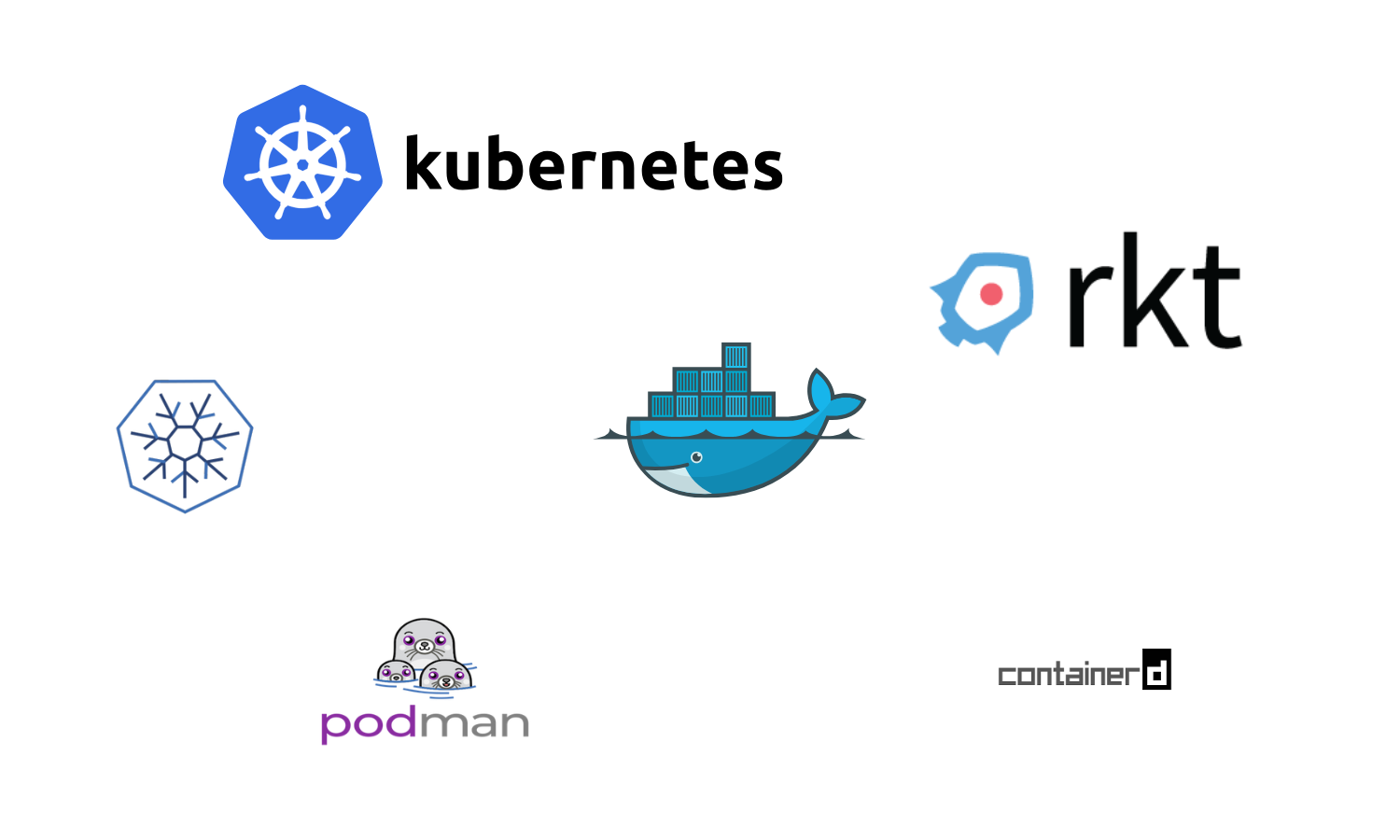
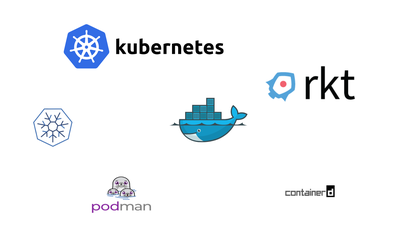
Containerization đã cách mạng hóa phát triển phần mềm bằng cách cho phép triển khai ứng dụng hiệu quả và khả năng mở rộng. Docker từ lâu đã là người chơi thống trị trong lĩnh vực này, nhưng khi hệ sinh thái phát triển, một số giải pháp thay thế đã xuất hiện, đáp ứng các nhu cầu cụ thể, cung cấp các tính năng nâng cao hoặc giải quyết các hạn chế của Docker.
Trong bài viết này, chúng ta sẽ khám phá một số giải pháp thay thế Docker tốt nhất, làm nổi bật các khả năng và trường hợp sử dụng độc đáo của chúng.
Để biết thêm thông tin, Đặt lịch hẹn tư vấn miễn phí với đội ngũ Glinteco của chúng tôi
Tại sao cần tìm kiếm các giải pháp thay thế Docker?
Tính đơn giản và phổ biến của Docker đã biến nó trở thành công cụ containerization mặc định cho nhiều nhà phát triển. Tuy nhiên, nó không phải không có những thách thức:
- Chi phí tài nguyên: Docker có thể tiêu tốn nhiều tài nguyên, đặc biệt là trong các triển khai quy mô lớn.
- Mạng phức tạp: Mạng nâng cao trong Docker có thể khó cấu hình.
- Mối quan tâm về bị khóa nhà cung cấp: Sự thống trị của Docker làm dấy lên mối quan tâm về việc phụ thuộc vào một nền tảng duy nhất.
- Điều khoản cấp phép thay đổi: Những thay đổi gần đây trong mô hình cấp phép của Docker đã thúc đẩy các tổ chức khám phá các lựa chọn mã nguồn mở hoặc thay thế.
Các giải pháp thay thế Docker hàng đầu cần xem xét
Dưới đây là một số giải pháp thay thế Docker hàng đầu có sẵn trong năm 2024, mỗi giải pháp đều có những điểm mạnh riêng:
1. Podman
- Nó là gì: Podman là một công cụ container không cần daemon được phát triển bởi Red Hat, được thiết kế để cung cấp trải nghiệm tương thích với Docker mà không cần quyền root.
- Tại sao nên chọn Podman:
- An ninh được nâng cao với các container không cần root.
- Khả năng tương thích trực tiếp với các lệnh Docker CLI.
- Không cần daemon trung tâm, giảm thiểu điểm lỗi duy nhất.
- An ninh được nâng cao với các container không cần root.
- Lý tưởng cho: Các nhà phát triển tập trung vào bảo mật và những người tìm kiếm một giải pháp thay thế có quy trình làm việc tương tự như Docker.
2. Kubernetes
- Nó là gì: Mặc dù Kubernetes chủ yếu được biết đến như một công cụ dàn dựng, nó cũng có thể được sử dụng như một runtime container độc lập thông qua CRI-O.
- Tại sao nên chọn Kubernetes:
- Tuyệt vời để quản lý việc triển khai container quy mô lớn.
- Khả năng mở rộng liền mạch, tự phục hồi và cân bằng tải.
- Hệ sinh thái và hỗ trợ cộng đồng rộng lớn.
- Tuyệt vời để quản lý việc triển khai container quy mô lớn.
- Lý tưởng cho: Các doanh nghiệp có nhu cầu dàn dựng container phức tạp.
3. LXC (Linux Containers)
- Nó là gì: Một trong những công nghệ containerization sớm nhất, LXC cung cấp ảo hóa nhẹ trực tiếp ở cấp hệ điều hành.
- Tại sao nên chọn LXC:
- Kiểm soát tốt hơn đối với môi trường container.
- Chi phí thấp hơn so với Docker.
- Tính linh hoạt để tùy chỉnh hành vi container.
- Kiểm soát tốt hơn đối với môi trường container.
- Lý tưởng cho: Người dùng nâng cao đang tìm kiếm khả năng kiểm soát chi tiết.
4. CRI-O
- Nó là gì: Một runtime container mã nguồn mở được xây dựng dành riêng cho Kubernetes.
- Tại sao nên chọn CRI-O:
- Nhẹ và được thiết kế đặc biệt để tích hợp với Kubernetes.
- Hỗ trợ đầy đủ Giao diện Runtime Container (CRI).
- Loại bỏ sự cần thiết của Docker trong các cụm Kubernetes.
- Nhẹ và được thiết kế đặc biệt để tích hợp với Kubernetes.
- Lý tưởng cho: Các nhóm làm việc chỉ với Kubernetes.
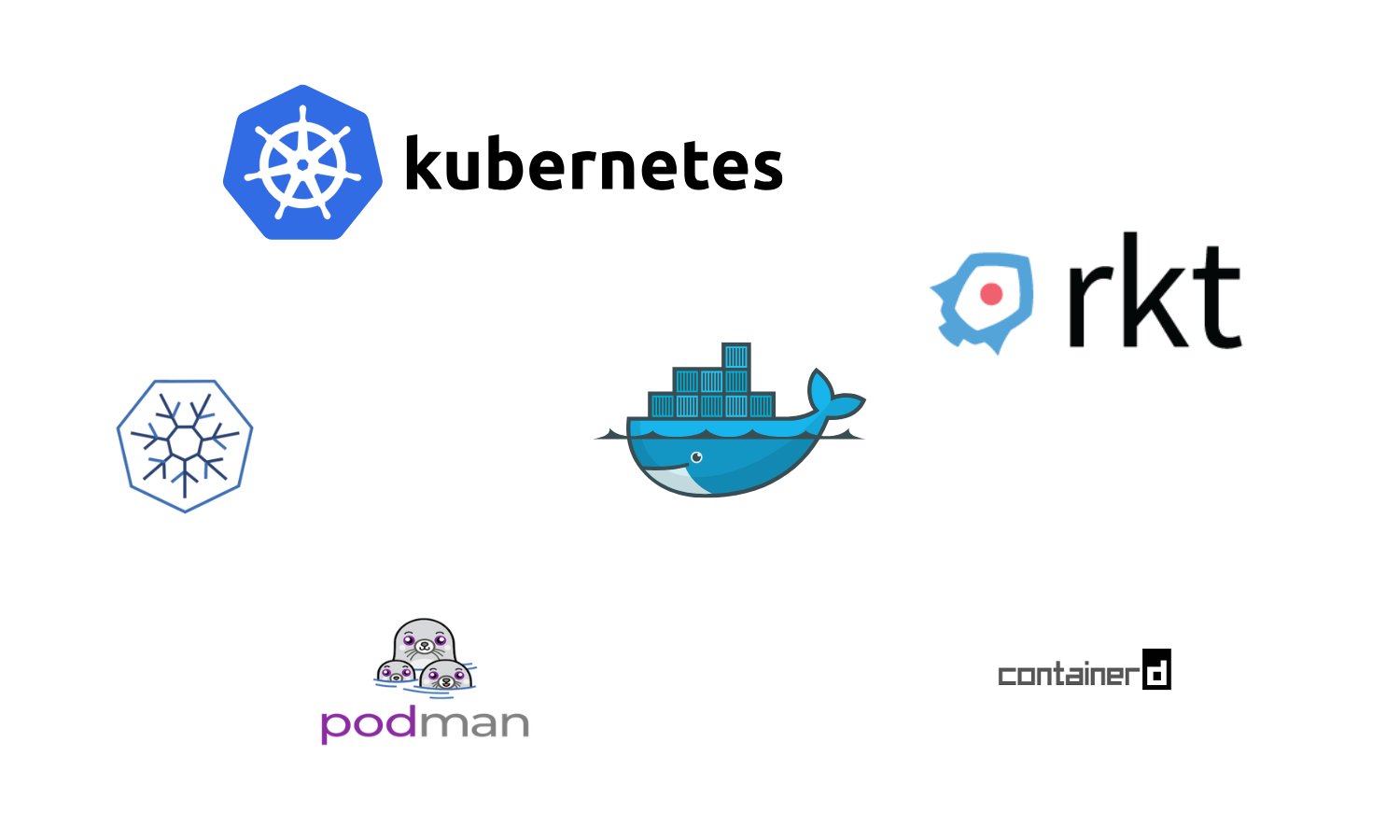
5. Rkt (Rocket)
- Nó là gì: Rkt là một runtime container tập trung vào bảo mật được phát triển bởi CoreOS (nay là một phần của Red Hat).
- Tại sao nên chọn Rkt:
- Nhấn mạnh vào bảo mật với xác minh chữ ký.
- Tích hợp sẵn với systemd.
- Được thiết kế cho các ứng dụng cloud-native.
- Nhấn mạnh vào bảo mật với xác minh chữ ký.
- Lý tưởng cho: Các nhà phát triển ưu tiên bảo mật trong môi trường đám mây.
6. Containerd
- Nó là gì: Một runtime container nhẹ ban đầu được phát triển như một phần của Docker và hiện được duy trì bởi Cloud Native Computing Foundation (CNCF).
- Tại sao nên chọn Containerd:
- Tính đơn giản và tập trung vào quản lý container cốt lõi.
- Được tối ưu hóa để tích hợp với các công cụ dàn dựng như Kubernetes.
- Giảm chi phí so với Docker.
- Tính đơn giản và tập trung vào quản lý container cốt lõi.
- Lý tưởng cho: Các nhà phát triển đang tìm kiếm một runtime tối giản nhưng mạnh mẽ.
7. Singularity
- Nó là gì: Một nền tảng container được thiết kế dành cho các môi trường tính toán hiệu năng cao (HPC).
- Tại sao nên chọn Singularity:
- Hiệu quả cho các khối lượng công việc khoa học và nghiên cứu.
- Hỗ trợ tính di động và khả năng tái tạo.
- Tích hợp với các công cụ quản lý tài nguyên như SLURM.
- Hiệu quả cho các khối lượng công việc khoa học và nghiên cứu.
- Lý tưởng cho: Các học giả và nhà nghiên cứu làm việc trên các hệ thống HPC.
Làm thế nào để chọn giải pháp thay thế phù hợp?
Việc lựa chọn giải pháp thay thế phù hợp phụ thuộc vào trường hợp sử dụng và ưu tiên cụ thể của bạn. Dưới đây là hướng dẫn nhanh từ đội ngũ Glinteco của chúng tôi:
- Bảo mật: Chọn Podman hoặc Rkt cho môi trường không cần root và an toàn.
- Khả năng mở rộng: Sử dụng Kubernetes hoặc CRI-O để quản lý các ứng dụng quy mô lớn.
- Tùy chỉnh: LXC cung cấp khả năng kiểm soát chi tiết cho người dùng nâng cao.
- Hiệu suất: Containerd nhẹ và phù hợp với các thiết lập tối giản.
- Nhu cầu chuyên biệt: Singularity lý tưởng cho khối lượng công việc tập trung vào HPC hoặc nghiên cứu.
Kết luận
Mặc dù Docker vẫn là một công cụ containerization mạnh mẽ và được sử dụng rộng rãi, các giải pháp thay thế của nó cung cấp nhiều tính năng và giải pháp để giải quyết các thách thức cụ thể.
Bằng cách khám phá những lựa chọn này, các tổ chức có thể lựa chọn giải pháp phù hợp nhất với các yêu cầu kỹ thuật và hoạt động của mình, đảm bảo việc triển khai ứng dụng hiệu quả và khả năng mở rộng.

